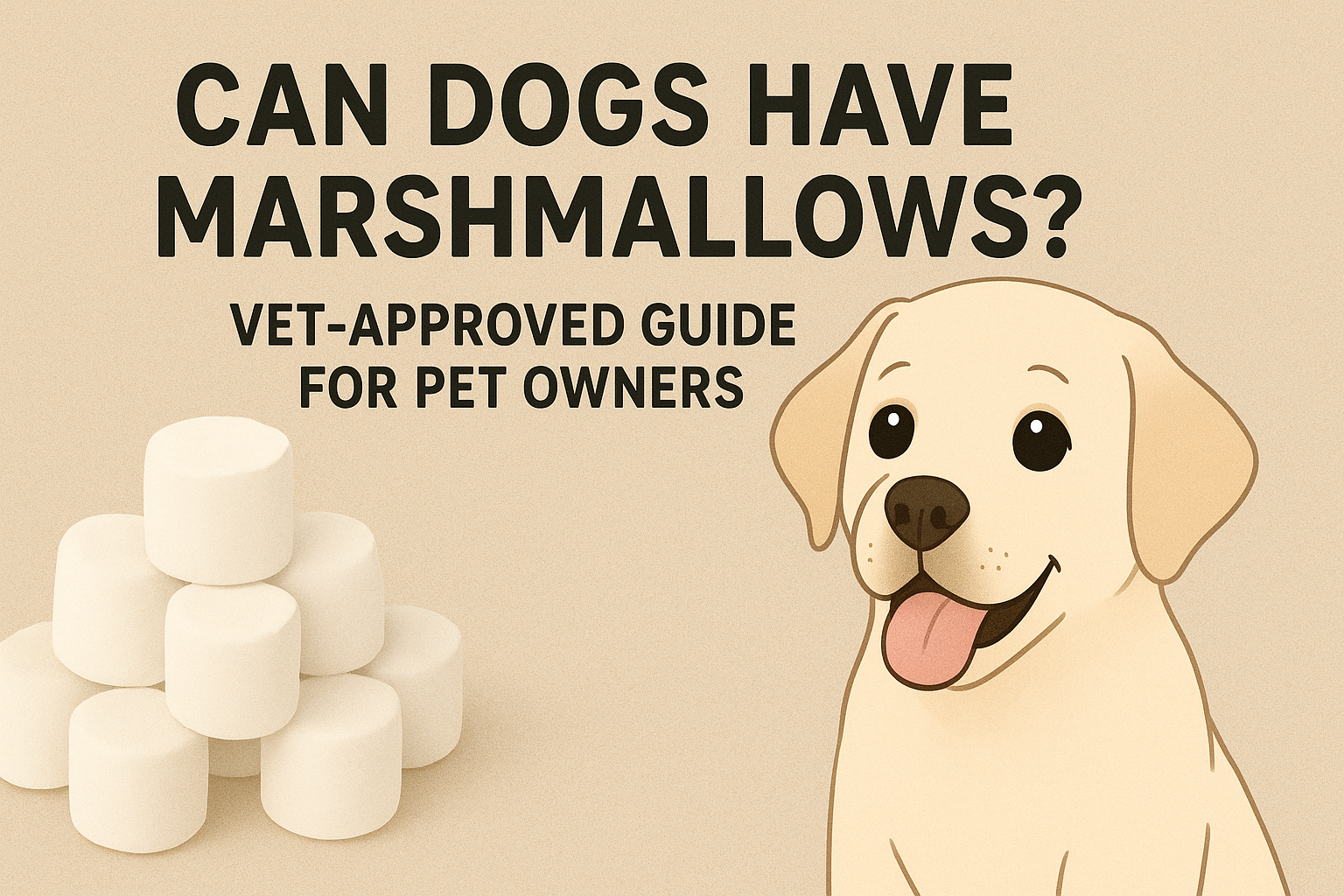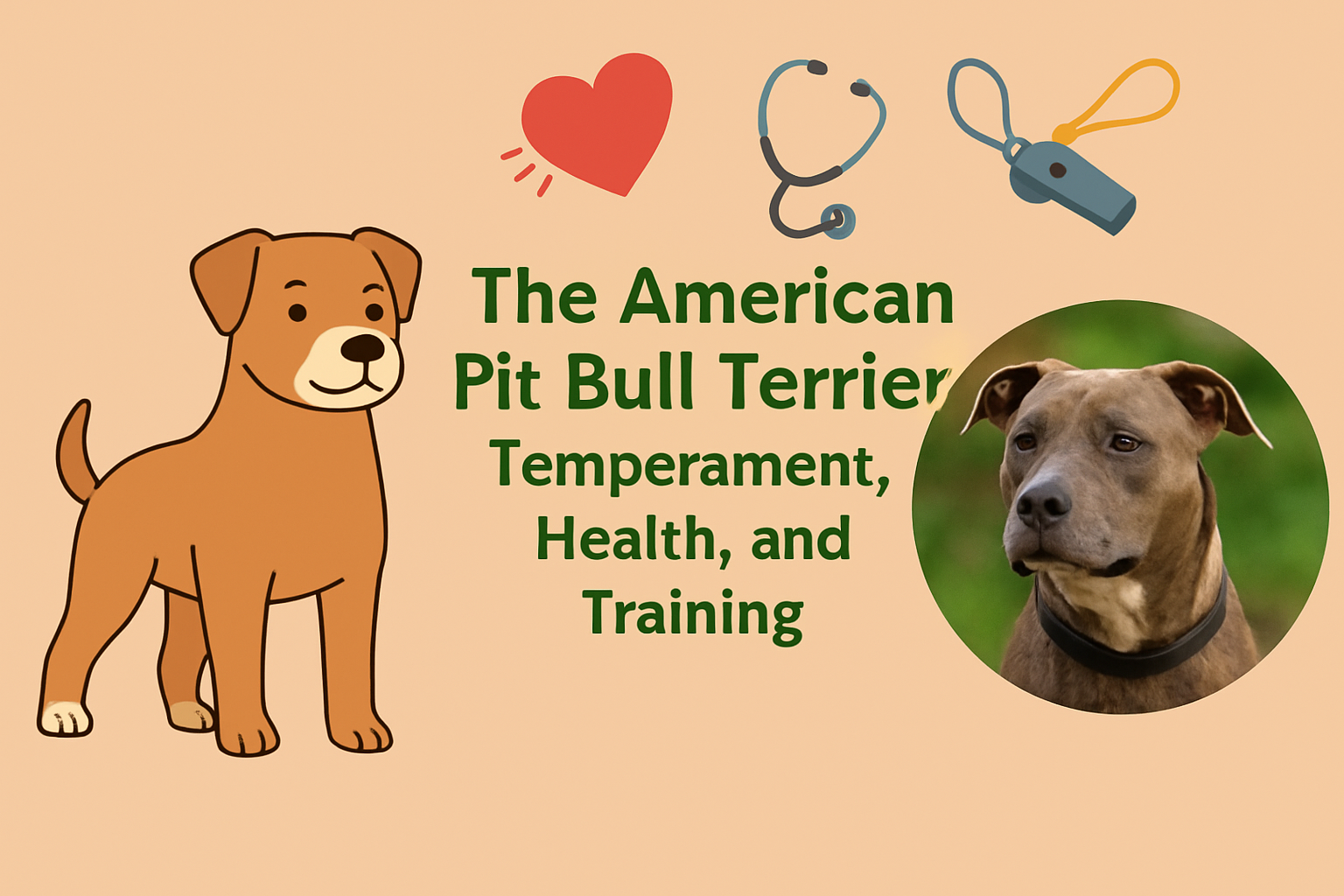Can Dogs Have Marshmallows? Vet-Approved Guide for Pet Owners
Marshmallows are soft sugary and enjoyable snacks for most people. Whether they’re toasted over the campfires added to hot chocolates or just nibbled on as a snacks they’re a decadent delight. What do the fur babies collective opinion claim? Is it safe for dogs to eat marshmallows, or should they be completely avoided?
While marshmallows may not be toxic in small amounts, they are far from a healthy snack for dogs. In this article, we’ll explore what marshmallows are made of, the potential risks to dogs, safer alternatives, and what to do if your pet accidentally eats some.
What Are Marshmallows Made Of?
Most store bought marshmallows contain a mix of:
- Sugar
- Corn syrup
- Gelatin
- Artificial flavoring
- Food coloring (in some varieties)
- Optional coating likes cornstarch or powdered sugars
Some sugars free marshmallows that contain no xylitol employ sweeteners thats contain no xylitol and are less toxic to dog.
Can Dogs Eat Marshmallows?
Short answer: No, marshmallows are not safe for dogs to eat.
- Regular marshmallows: Not toxic in small doses, but incredibly, incredibly unhealthy since they’re full of so much sugar.
- Sugar frees marshmallows: Poisonous if they have xylitols which causes potentially lethal complications in dog.
Why Marshmallows Are a Bad Idea
- Empty calories → useless to dogs.
- Choking hazard → marshmallows are extremely easy to jam down a dog’s throat or into its teeth.
- Artificial additives → upset tummies for sensitive pets.
The Dangers of Xylitol in Marshmallows
Not all marshmallows have xylitol, but sugar-free marshmallows do. In dogs even a small amounts of xylitol will lead to:
- Sudden release of insulin leads to life threatening hypoglycemis.
- Seizure
- Liver failures
- Death (in extreme case)
If you suspect your dog has eaten xylitol, consider it an emergency and contact a vet right away.
What Happens If My Dog Ate Marshmallows?
Prognosis will depend on:
- Marshmallow type (sugar or sugar-free)
- Amount
- Size of your dog
Mild Cases (small quantity of regular marshmallows):
- Upset stomach
- Vomiting
- Diarrhea
Severe Cases (large quantity or xylitol ingestion):
- Lethargy
- Shaking or convulsions
- Loss of coordination
- Collapse
In the event symptoms are evident, call your vet at once.
What To Do If Your Dog Ate Marshmallows
- Reviews the ingrediented list and ensure that xylitol is nots present on the labels.
- Call your vet immediately if xylitol is mentioned or your dog consumed a large quantity.
- Monitor your dog for vomiting, diarrhea, or unusual behavior.
- Always check with a veterinarian before trying any home remedies.
Are Marshmallows Ever Safe for Dogs
While a small amount of plain marshmallow won’t kill the average dog, it’s still best not to tempt them. They’re not built for them and soon become a recurring problem.
Use healthy treats safe for dogs instead.
Healthy Alternatives to Marshmallows in Dogs
If you’d like to reward your dog without endangering their health, try these alternatives:
- Fresh fruit: Blueberries, apple slices (seedless), or banana chunks
- Vegetables: Green beans, carrot sticks, or cucumber slices
- Dog-friendly peanut butter (xylitol-free)
- Frozen snacks: Ice cubes or home-made frozen dog snacks
- Store-bought dog treats: Specially made to support canine digestion and dental health.
Training Treats: Why Marshmallows Don’t Work
The majority of individuals prefer soft training treats. Marshmallows are convenient but not best because:
- Dogs crash from sugar high.
- Overweight due to overfeeding.
- Sticky texture can lead to choking or dental problems.
The alternative is small dog training treats, or pieces of raw vegetable and fruit.
Long-term Effects of Marshmallow Feeding
Ongoing feeding of marshmallows to your dogs raised the risks of:
- Obesity → arthritis, heart disease, and reduced lifespan.
- Diabetes → too much sugar interferes with insulines controls.
- Tooth rot → sugar adheres to gums and teeth.
- Pancreatitis → fat, sugar snack overloads pancreas.
Which Breeds are Most Susceptible?
Some of the breeds have a higher tendency towards sweet or processed food, including:
- Small breeds (risk of overdose even on small amounts)
- Overweight dogs
- Diabetic dogs
- Old dogs with slower metabolisms
These animals are susceptible to illness by an innocent tiny marshmallow.
FAQs on Dogs and Marshmallows
Can dogs safely eat one marshmallow?
Plain marshmallow is never dangerous, but also not recommended as it contains no nutrients and will result in upset stomach.
Are sugar-free marshmallows worse?
Yes mostly of them have xylitol, which is extremely toxic to dogs.
What if my dog has wolfed an entire batch of marshmallows?
Phone your vet, and particularly if your dog is a tiny breed or if marshmallows were sugar-free.
Can puppies eat marshmallows?
No. Puppies have more sensitive tummies and are more prone to upset tummies and long-term illness.
Why are marshmallows bad for dogs?
They’re loaded with sugar, loaded with artificial stuff, and lots of them contain xylitol, which is all toxic to dogs.
What are some healthy sweets that can be fed to dogs safely?
Blueberries, apples, and bananas are much safer.
Conclusion
So can dog haved marshmallows. Although an ordinary marshmallow isn’t toxic its certainly not a healthy and safe dogs snack. Sugar, filler, and choking risk make marshmallows a poor option—and sugar-free ones with xylitol are deadly.
Rather, use healthy, dog-friendly rewards that are beneficial for the health and well-being of your pet. And don’t forget, what’s fun for us isn’t necessarily fun for them, and your dog’s health must always be paramount.







